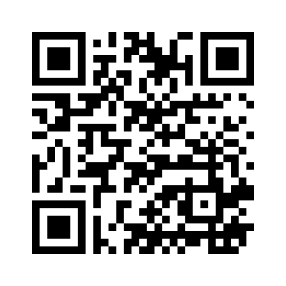It starts with a prickle on the back of your neck, a shadow in the corner, or the distinct feeling that you are not alone. However, searching for the being watched dream meaning is rarely a sign of actual danger or paranoia. In reality, this unsettling dream acts as a mirror for your social anxiety, Impostor Syndrome, or the heavy weight of expectations you place upon yourself.
At Dreamly, we categorize this as a “Perception Stress Dream.” Therefore, your subconscious is asking a critical question: “Why do I feel like I am constantly performing?”
The Psychological Symbolism: The “Audience Effect”
First and foremost, eyes in a dream represent judgment. Consequently, the intensity of the gaze reflects how harshly you judge yourself. According to behavioral psychologists at Psychology Today, dreams of surveillance often plague those who rely heavily on external validation to feel worthy.
Thus, the identity of the watcher changes the interpretation entirely:
- A Shadowy Stranger: If the watcher is faceless, you are dealing with general social anxiety. Essentially, you fear that society at large will reject you if you make a mistake. You feel “unsafe” in your own skin.
- An Authority Figure (Boss/Parent): In contrast, if you recognize the observer, the pressure is specific. Perhaps you feel micromanaged at work, or you are living your life to please a parent rather than yourself.
- Hidden Cameras or Tech: Surprisingly, this modern variation is rising. Psychologically, it indicates a fear of exposure. You have a secret or a flaw that you are terrified will “go viral” or become public knowledge.

The Internal Judge vs. External Threat
Furthermore, the “stalker” in your dream is often a projection of your own conscience. Specifically, it appears when your actions don’t align with your values.
1. The Guilt Response
When you try to hide or run from the gaze, you are dealing with shame. Therefore, you are likely suppressing a regret or a mistake. Likely, you feel that if people “really saw you,” they wouldn’t like what they see.
2. The Performance Trap
Conversely, if you freeze or try to act “normal” while being watched, it suggests you are suffering from the “Good Child” syndrome. Ultimately, you have learned to suppress your true needs to keep others happy, and your subconscious is exhausted by the act.
Why High-Achievers Feel Watched
Finally, this dream is incredibly common among perfectionists. Why? Because perfectionists believe they are always being evaluated. Consequently, the fear of making a wrong move manifests as a pair of unblinking eyes. Thus, the dream reminds you that the only person truly judging you this harshly is you.
Stop Performing, Start Living
Ultimately, this dream is a call to drop the mask. Whether you feel exposed at work or in your relationship, remember that vulnerability is not a weakness. Next time you wake up looking over your shoulder, take a deep breath and give yourself permission to be imperfect.
Identify Your Judges
If these paranoia dreams persist, you are likely in a high-pressure environment. Use Dreamly to log these episodes. By doing so, you can spot the specific daily triggers that make you feel like you’re under a microscope.







